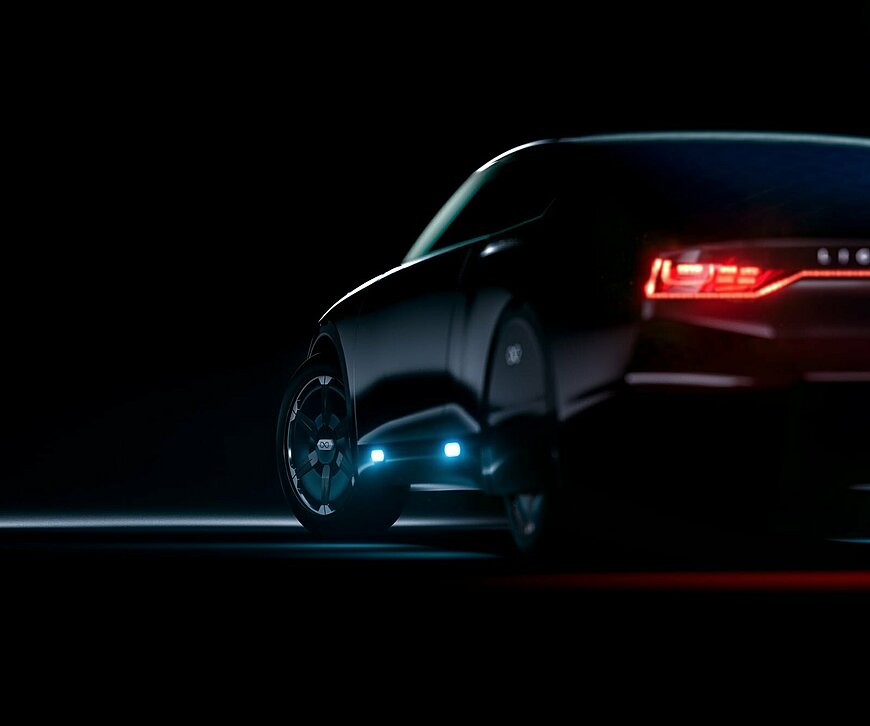TNO and Lightyear carpool to advance solar tech

Lightyear is riding with good company, as the Netherlands Organization for Applied Scientific Research (TNO) announced its plans to continue collaborations. With the Helmond-based startup planning to launch its solar-powered Lightyear One next year, the two sides just penned a new MOU – agreeing to combine resources and extend their global leadership in the realm of e-mobility solar solutions. TNO’s focus will be continuing with customization and improvements of its solar-energy technology for mobile applications with the automotive startup.
Recently, the research organization helped Lightyear partner DSM adapt its conductive backsheet foil for integration into aerodynamic, energy-efficient curved solar components, like those used on the roof of the Lightyear One. According to Lightyear CTO Arjo van der Ham, this new phase of collaboration will also be geared toward safety. Van der Ham: “Together with TNO, we’re focusing on ensuring that solar vehicles will comply with all existing and forthcoming legal and safety regulations and the EU legislation aimed at the efficient, zero-emission vehicles of the future. This will require novel testing methods and innovative solutions, as current standards don’t cover cars in which solar cells are an integral part of the vehicle.”
The announcement of the agreement comes at a fortuitous time, as in the same week, the Dutch government announced its tax plan with more good news for Lightyear in the upcoming year. As part of the Tax Act 2001 amendment of the 2021 plan, there’s added incentive to buy EVs with integrated solar panels. Consumers can now benefit from additional tax breaks – to the tune of 10 percent of the car’s catalog value. Currently, electric and hydrogen cars qualify for a 10-percent tax incentive, however, they are capped with a maximum tax credit of 4,000 euros.